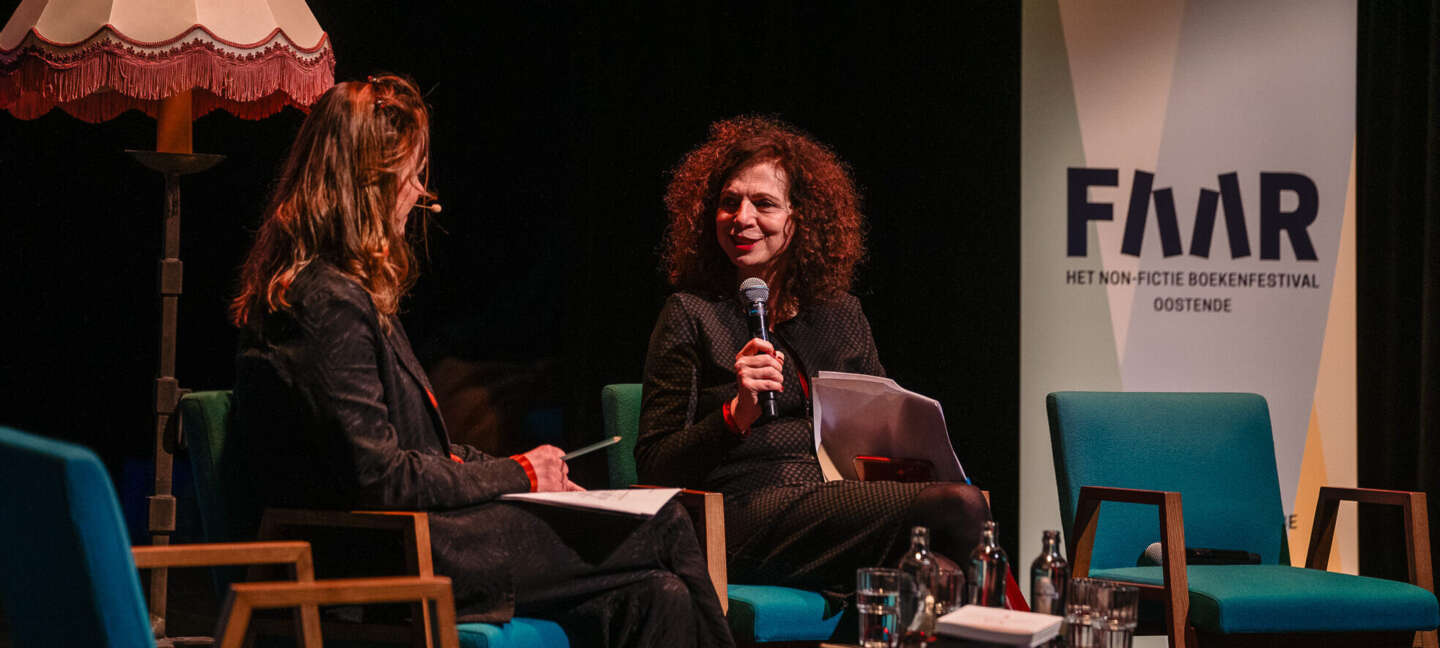
It’s time to bridge culture gaps by understanding emotions.
Batja Mesquita’s work is consistently described as “fascinating,” “highly relevant,” and “immensely thought-provoking.”
Featured In
Featured In
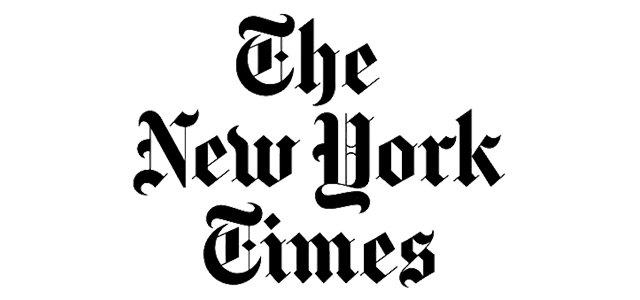

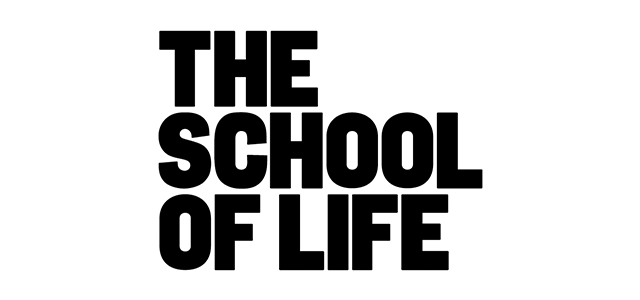

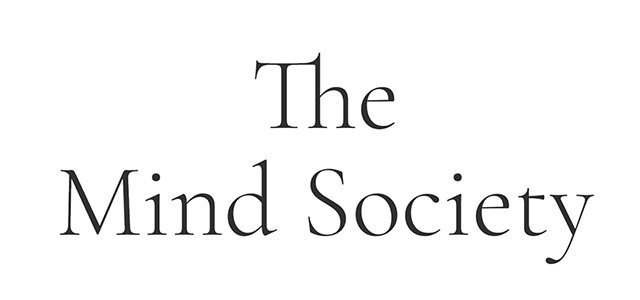
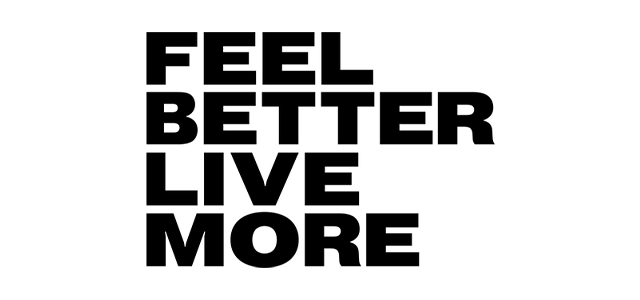
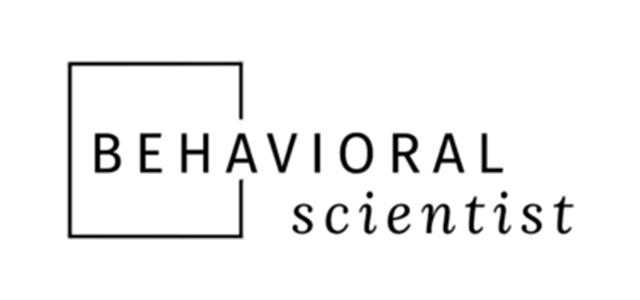
“A fascinating read on the psychology of cultural differences in communication.”
Adam Grant, psychologist and author, on Mesquita's work.
“The content was fascinating and provocative! We'd love to know if you might return again next year. Thank you!”
Christina, booked Batja for an engineering summit in Silicon Valley.
Your Next Event
Batja Mesquita speaks regularly to business groups, general audiences, psychology and science conference audiences and educators, among others.
Here is a selection of Batja Mesquita's signature talks that are available for different audiences:
-
Becoming aware of cultural differences in emotions is transformative for anyone in intercultural relationships—be they in your neighborhood, class room, board room, court room, or medical examination room. From childhood on, every one of us is trained to have emotions that help us navigate the relationships in our respective cultures. In this talk loaded with research examples and interesting stories, audiences will go on a journey along different cultures, illustrating how different emotional lives can be, how to work and live with these.
-
Building an inclusive team –one in which the members of your multicultural team all feel heard and understood – is a challenge that requires more than empathy. It takes culturally-sensitive emotional intelligence. This talk offers concrete cross-cultural understanding of emotions to bring in when approaching trust and leadership, conflict, success and achievement, or gaffs and failures. Participants will leave the session armed with a tool to manage emotions in a multicultural team and to build an emotional culture that makes accommodations to all. This talk gives any company a jumpstart to cultivate its cultural competence in emotions and may be tailored to your specific challenges.
-
Differences in emotions are not limited to how people express or talk about their emotions, but the very ways in which the world is experienced may differ across cultures, and across different positions within cultures. Variation is the norm, not the exception. And this means that therapist and client are very likely to have, perceive and value different emotional experiences and behavior. This talk illustrates fundamental cultural differences in emotions and provides tools to cultivate an open, culturally sensitive approach to them – a “not knowing” that does justice to the client’s cultural perspective.
-
“Emotional literacy” is as important as reading and writing, but its generally much less understood by educators. But just like reading and writing, you can be emotionally literate in different languages. This talk illustrates the vast and meaningful cultural differences in emotions, and provides teachers and educational scientists alike with a framework to cultivate “emotional literacy” in culturally diverse schools. Rather than helping minoritized students ‘overcome deficiencies,’ we will put their experience center-stage, and turn them into resources. We will suggest a toolbox that can guide discovery, and bridge the cultural differences in social and emotional understanding that exist in a class room.
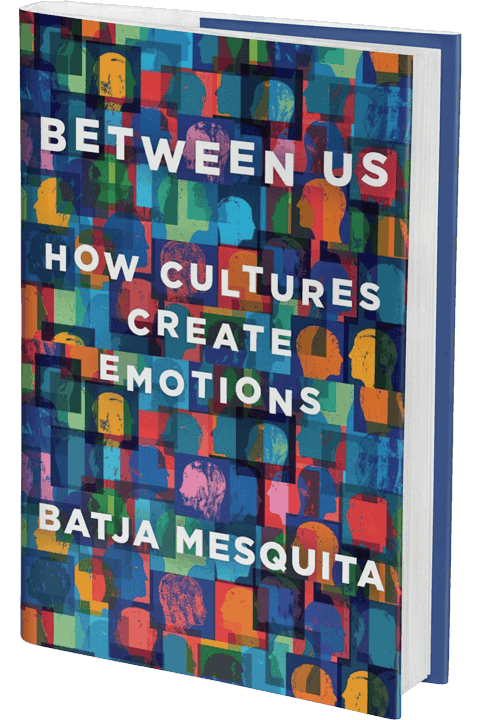
Batja Mesquita is a world-renowned pioneer in cultural psychology and researcher on emotions across cultures. Mesquita speaks on topics that everyone should know about, but so few of us do. Her keynotes and Q&As, given in the media, in companies, and for specialized audiences are frequently described as captivating and thought provoking, and for many the first time they have ever considered topics around emotions in the way she presents them. A cultural psychologist and affective scientist, Mesquita authored the acclaimed book Between Us: How Cultures Shape Emotions and is professor and director of the Center of Social and Cultural Psychology, University of Leuven, Belgium. Mesquita served as an advisor to UNICEF, WHO, and the UN, and is a member of both the Belgian and the American Academy of Arts and Sciences.
Contact for inquiries